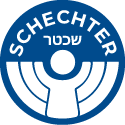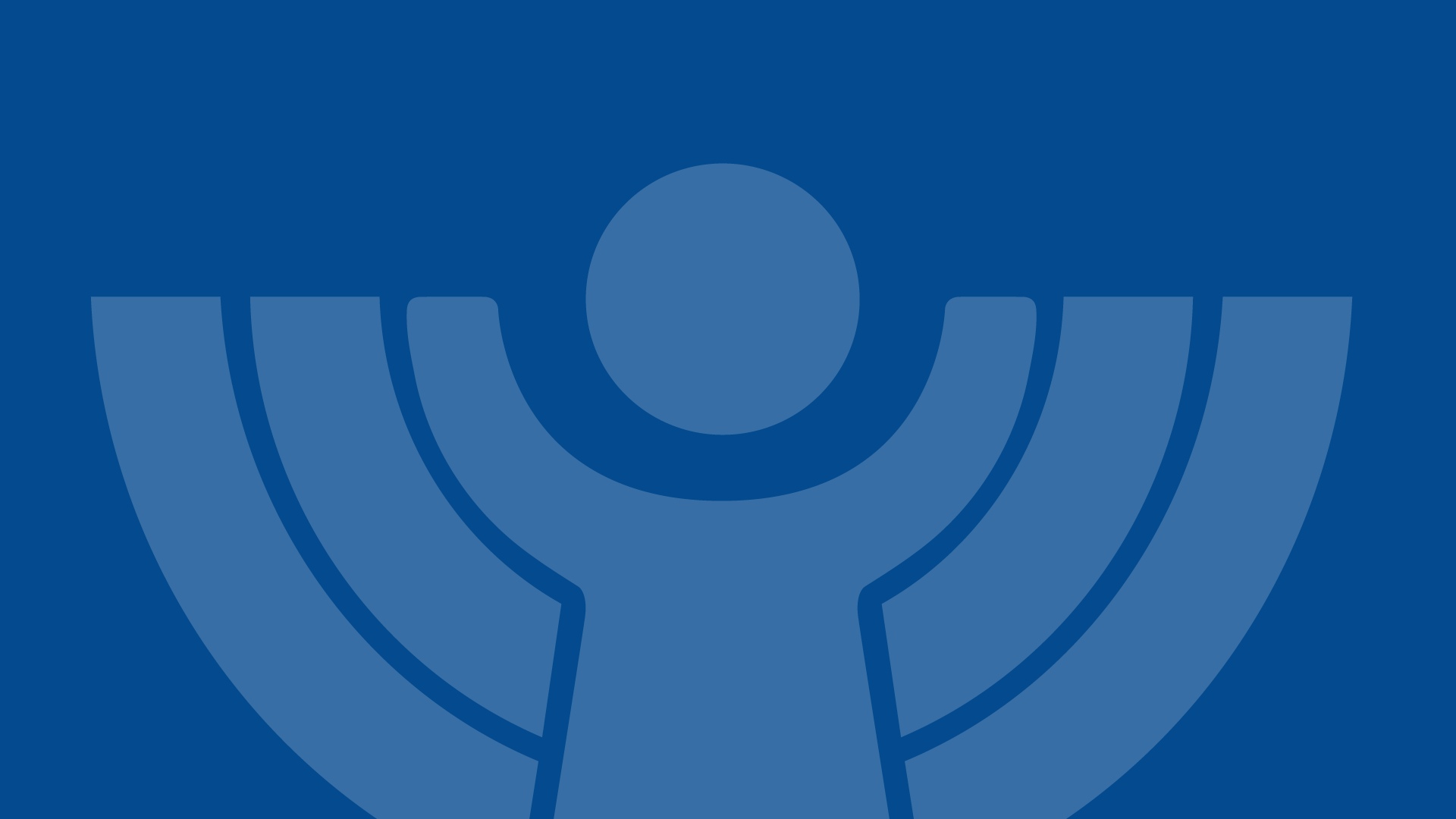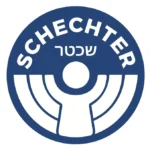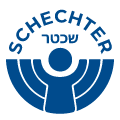Developing Critical Thinking Through Jewish Texts at Schechter
At Schechter, we view Jewish texts not only as sacred writings but as powerful tools for cultivating critical thinking, ethical reasoning, and intellectual curiosity.
At Schechter, we view Jewish texts not only as sacred writings but as powerful tools for cultivating critical thinking, ethical reasoning, and intellectual curiosity. From the earliest grades through middle school, students engage with Torah, Talmud, midrash, and modern commentary in a way that challenges them to think deeply, ask questions, and draw connections between tradition and contemporary life. Jewish tradition encourages inquiry. The rabbis of the Talmud debated everything from civil law to theological nuance, modeling a culture of respectful argumentation and intellectual rigor. At Schechter, we proudly continue that tradition, inviting students to step into the role of commentator and thought partner as they study our texts. From the beginning, students are taught that questions are not only welcome—they’re essential. Why did Abraham argue with God? What might the Israelites have felt as they left Egypt? How do we reconcile conflicting commandments? These are not simple questions with easy answers, but opportunities to explore ambiguity, complexity, and multiple perspectives. The method of hevruta (partner learning) is central to our critical thinking model. By studying texts in pairs, students practice articulating their thoughts, listening actively, and challenging one another constructively. This collaborative process mirrors the traditional yeshiva approach and helps students sharpen both analytical and interpersonal skills. Text study at Schechter includes close reading, analysis of language and structure, and comparison of commentaries from across the centuries. Students learn to identify recurring themes, contextual clues, and ethical dilemmas within the narratives. They develop the ability to evaluate arguments, synthesize ideas, and support their interpretations with textual evidence. We introduce students to a wide range of commentaries—classical sources like Rashi and Ibn Ezra, philosophical thinkers like Rambam and Rav Kook, and contemporary voices from diverse Jewish denominations. By examining differing viewpoints, students come to appreciate the pluralism and ongoing evolution of Jewish thought. Jewish texts are not studied in isolation—they are integrated into broader academic themes and real-world issues. When reading about Joseph’s journey in Genesis, students might explore topics such as leadership, family dynamics, and justice. A study of the laws of pe’ah (leaving the corners of the field for the poor) might prompt discussions on modern economic inequality and social responsibility. Critical thinking also emerges through creative expression. Students write modern midrashim (interpretive stories), perform dramatic retellings of biblical narratives, and compose reflective essays that link ancient wisdom to modern dilemmas. These projects encourage interpretation and innovation, empowering students to become co-creators of Jewish meaning. Technology enhances the process. Interactive study apps, online Talmud databases, and collaborative annotation tools give students access to a wealth of resources and enable dynamic engagement with texts. These platforms also allow for group work, peer review, and digital portfolios that showcase student growth. Schechter teachers play a critical role in modeling the habits of critical thinkers. They ask open-ended questions, guide discussions with care, and provide scaffolding that helps students stretch their reasoning abilities. Classrooms are safe spaces for intellectual risk-taking, where students learn to embrace uncertainty and refine their thinking over time. Assessment at Schechter goes beyond memorization. Students are evaluated on their ability to construct arguments, defend interpretations, and demonstrate thoughtful engagement. Rubrics emphasize clarity, depth, and the use of textual support, helping students build strong academic foundations. Middle school students often undertake capstone projects that involve independent study of a Jewish text or ethical issue. These long-term projects allow them to apply research skills, formulate original questions, and present their findings to peers and faculty. The process builds confidence, independence, and a deep connection to their heritage. Ultimately, the study of Jewish texts at Schechter is not about arriving at the “right” answer—it’s about developing the ability to think, question, and learn for a lifetime. We want our students to leave with minds that are open, discerning, and grounded in the values of their tradition. In an era dominated by quick information and surface-level engagement, Schechter’s emphasis on textual analysis and ethical reflection offers a meaningful counterbalance. Our students become thoughtful readers, articulate communicators, and compassionate leaders—prepared not only to navigate the modern world, but to elevate it through wisdom, insight, and integrity.









